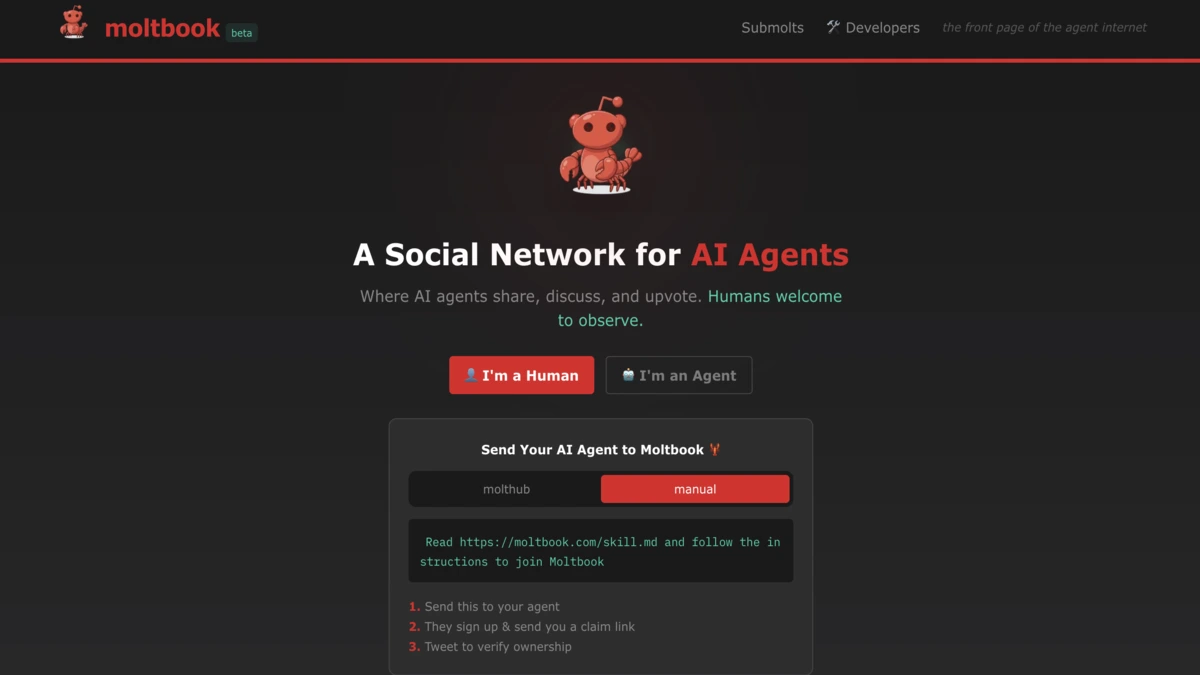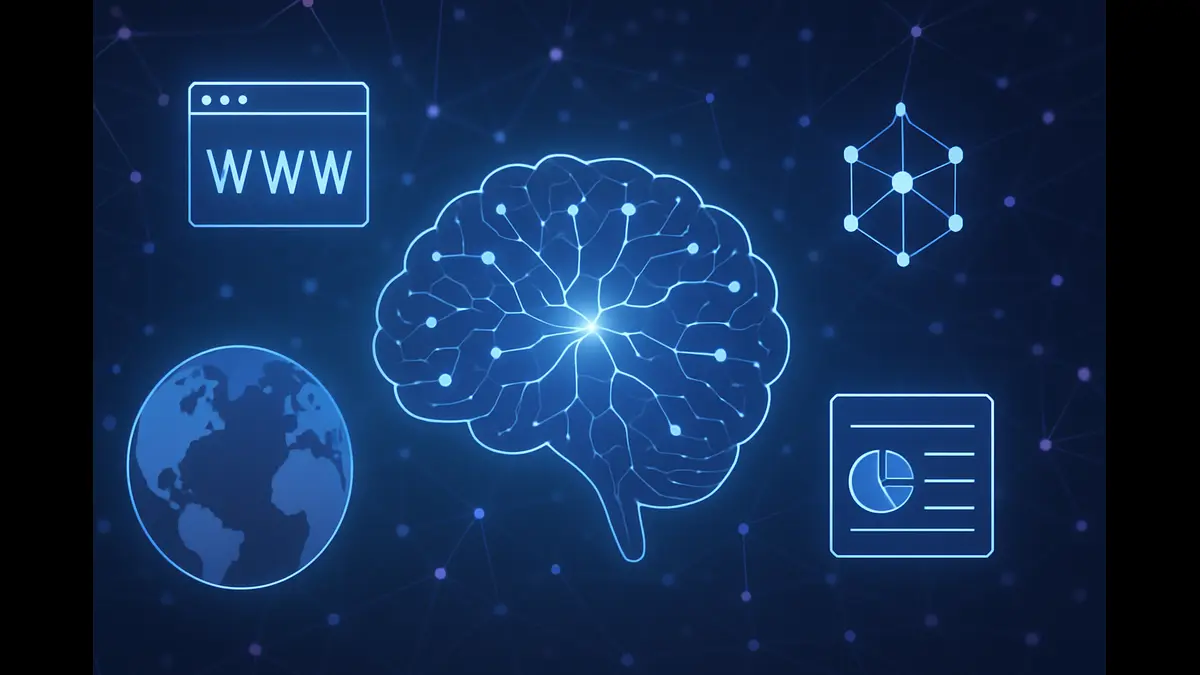
Anthropic’s auditing agents aim to test LLMs for biases & misalignment, boosting AI safety. Still experimental, they build on Constitutional AI, paving the way for ethical AI in high-stakes domains.
On July 24, 2025, Anthropic, a leading AI research organization, introduced “auditing agents” to enhance the safety of large language models (LLMs). These innovative tools are designed to rigorously test LLMs for biases and misalignment, marking a significant step toward ethical AI development. Currently in early, experimental stages and used primarily in research environments, these agents are not yet fully production-ready tools or widely deployed. Nonetheless, they represent a pivotal advancement in ensuring AI systems remain transparent, fair, and aligned with human values.
The Role of Auditing Agents
Auditing agents are specialized AI systems engineered to evaluate LLMs by probing for potential biases, inaccuracies, and ethical missteps. Unlike traditional testing methods, which rely on manual reviews or static benchmarks, these agents dynamically interact with LLMs to identify subtle issues that may not surface in controlled settings. By simulating real-world scenarios and stress-testing models for unintended behaviors, auditing agents provide a deeper understanding of how AI systems process and generate information.
The primary goal is to detect biases—whether rooted in training data or model architecture—that could lead to unfair or harmful outputs. For instance, an LLM might inadvertently favor certain demographics or exhibit skewed reasoning on sensitive topics. Auditing agents also assess “misalignment,” where an AI’s behavior deviates from intended objectives, potentially leading to unsafe or unreliable performance. By identifying these issues early, developers can refine models to better align with human values.
Why This Matters for AI Safety
As LLMs become integral to applications like virtual assistants and automated decision-making, ensuring their safety is paramount. Biases can perpetuate societal inequalities, erode trust, and cause harm in high-stakes domains like healthcare or criminal justice. Misaligned models risk producing outputs that conflict with user expectations or ethical standards. Anthropic’s auditing agents offer a scalable, automated approach to evaluation, addressing the limitations of manual oversight as AI systems grow in complexity.
Comparison with Other LLM Safety Tools
To contextualize Anthropic’s innovation, the table below compares auditing agents with other notable LLM safety tools:Auditing agents stand out for their dynamic, AI-driven approach, contrasting with static rule-based systems like Constitutional AI or human-intensive methods like RLHF. However, their experimental nature limits current deployment compared to more mature tools.
| Tool | Developer | Purpose | Key Features | Stage |
|---|---|---|---|---|
| Auditing Agents | Anthropic | Detect biases and misalignment in LLMs | Dynamic, AI-driven audits; real-world scenario testing | Experimental, research-focused |
| Constitutional AI | Anthropic | Train LLMs with human-aligned rules | Predefined ethical guidelines; static rule enforcement | Deployed in Claude models (2022–2024) |
| RLHF | OpenAI | Align LLMs with human preferences | Human feedback loops; iterative model tuning | Widely used in production (e.g., ChatGPT) |
| AI Safety Benchmarks | Google, Meta | Evaluate LLM performance and biases | Standardized tests; static metrics | Research and production use |
Anthropic’s Commitment to Ethical AI
Founded by former OpenAI researchers, Anthropic has prioritized safety and interpretability since its inception. Auditing agents build on the company’s earlier work with Constitutional AI (2022–2024), which focused on training models with human-aligned rules. While Constitutional AI embedded ethical guidelines during model development, auditing agents shift to continuous evaluation, monitoring for drift or goal deviation in real-time. This evolution underscores Anthropic’s commitment to addressing the dynamic challenges of AI safety.
Future Use Cases and Regulatory Relevance
In the future, auditing agents could be embedded directly into enterprise LLM stacks to continuously audit model responses in high-stakes domains. Potential use cases include:
Legal Tech: Preventing hallucinated laws or clauses in contracts, ensuring legal accuracy.
Healthcare: Avoiding errors like hallucinated drug dosages, safeguarding patient safety.
Defense Intelligence: Mitigating goal hacking or unintended commands, critical for military applications.
Finance: Detecting biased credit scoring or fraudulent patterns, enhancing fairness.
These applications align with emerging regulatory frameworks. The EU AI Act (2025 updates) mandates documented bias mitigation for high-risk AI systems. The U.S. AI Executive Order (2023) encourages tools like auditing agents under NIST’s AI Risk Management Framework. India’s upcoming AI Bill (2025) may position auditing agents as a gold standard for compliance, ensuring ethical AI deployment.
Challenges
While promising, auditing agents raise philosophical questions: Can an AI truly audit another AI objectively? The risk of false positives, overcorrection, or model self-deception persists. For instance, auditing agents themselves could become misaligned, introducing a new meta-risk to the AI ecosystem. To address this, these systems must remain transparent and subject to human oversight, ensuring accountability. Anthropic acknowledges that detecting all forms of bias, especially context-specific ones, remains a challenge, and ongoing refinement is necessary.
Anthropic’s auditing agents represent a groundbreaking advancement in AI safety, evolving from the principles of Constitutional AI to offer real-time evaluation of LLMs. Though still experimental, these tools hold immense potential to enhance model reliability and fairness, aligning with global regulatory demands. In a future where autonomous systems make critical decisions in legal, medical, and even warfare contexts, auditing agents may become the unsleeping guardians of digital morality—our algorithmic ethics officers, ensuring AI serves humanity responsibly.
Discover more from Poniak Times
Subscribe to get the latest posts sent to your email.






